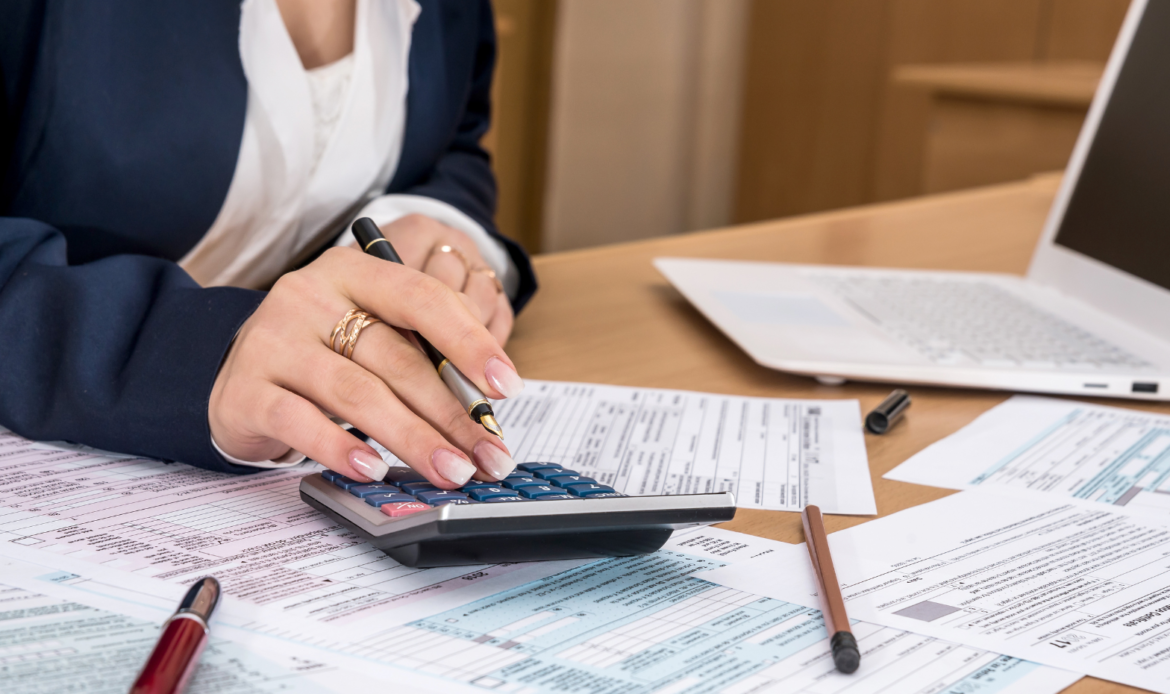
Preparing your own taxes can be a daunting task, especially if you are not familiar with the intricacies of tax laws and regulations. However, many individuals choose to take on the challenge of DIY tax preparation in order to save money and have more control over their financial affairs. In this blog post, we will explore the complex journey of DIY tax preparation and discuss the pros and cons of this approach.
Before diving into the world of DIY tax preparation, it is important to have a basic understanding of how taxes work. This includes knowing the different types of taxes, such as income tax, property tax, and sales tax, as well as the various forms and documents that need to be filed with the tax authorities.
One of the first steps in the DIY tax preparation process is gathering all the necessary documents, such as W-2 forms, 1099 forms, and receipts for deductible expenses. This can be a time-consuming task, especially if you have multiple sources of income or complex financial transactions.
While DIY tax preparation can save you money on professional fees, it comes with its own set of challenges. One of the main challenges is keeping up with the ever-changing tax laws and regulations. Tax laws can be complex and subject to frequent updates, making it difficult for individuals without a background in tax law to stay informed.
Another challenge is the risk of making mistakes on your tax return. Even a small error can result in penalties or an audit by the tax authorities. This is why attention to detail is crucial when preparing your own taxes. It is important to double-check all calculations and ensure that you are claiming all eligible deductions and credits.
Furthermore, DIY tax preparation can be time-consuming. It requires dedicating a significant amount of time and effort to gather the necessary documents, fill out the forms, and file the tax return. This can be particularly challenging for individuals with busy schedules or complex financial situations.
Despite the challenges, there are several benefits to DIY tax preparation. One of the main benefits is cost savings. Hiring a professional tax preparer can be expensive, especially if you have a complex tax situation. By doing your own taxes, you can save money and have more control over your finances.
Another benefit is the opportunity to gain a better understanding of your financial situation. By going through the process of DIY tax preparation, you can become more knowledgeable about your income, expenses, and deductions. This can help you make more informed financial decisions in the future.
Additionally, DIY tax preparation allows you to have more control over your tax return. You can ensure that all eligible deductions and credits are claimed, maximizing your tax savings. You can also have a better understanding of the tax laws that apply to your situation, which can help you avoid potential issues in the future.
DIY tax preparation is a complex journey that requires time, effort, and attention to detail. While it can be challenging, it also offers several benefits, including cost savings and a better understanding of your financial situation. However, it is important to weigh the pros and cons and consider your individual circumstances before deciding whether to take on the task of DIY tax preparation.
If you are unsure about your ability to handle the complexities of tax preparation on your own, it may be wise to seek the assistance of a professional tax preparer. They have the knowledge and expertise to navigate the complexities of tax laws and ensure that your tax return is accurate and compliant.